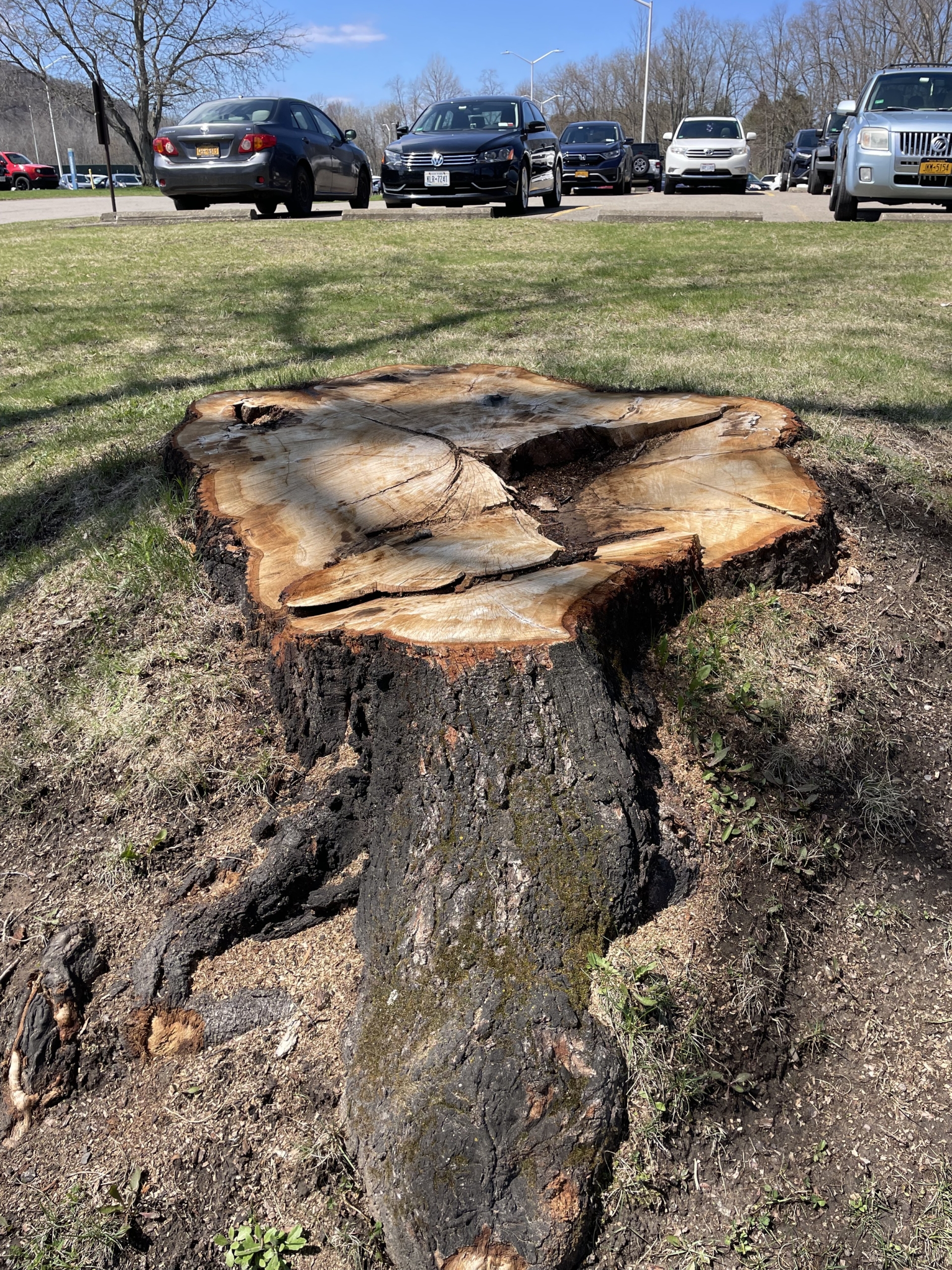“Crushed.”
This is how senior sociology major Nicholas Taylor described his emotions after hearing that one of his professors, Dr. Roderick Hughes, died last Friday.
Hughes joined the philosophy department at St. Bonaventure University in 1970 and continued to teach until last November, when medical issues forced his retirement. While teaching at Bonaventure, he served as the chairman of the philosophy department and was awarded Bonaventure’s “Excellence in Teaching” award.
He taught his composition and critical thinking course using a textbook that he had written, Comprehension and Critical Thinking.
His knowledge about philosophy continues to resonate with his former students and colleagues.
“He was brilliant, but at the same time, humble: a rare combination,” Dr. Steven Nuttall, a philosophy professor and colleague of Hughes, said. “He loved his students, and they returned the affection. He was patient and kind and had the absolute best sense of dry humor I’ve ever encountered or likely ever will.”
Junior philosophy major Joseph Ferencik was a student of Hughes, as well as one of his advisees.



